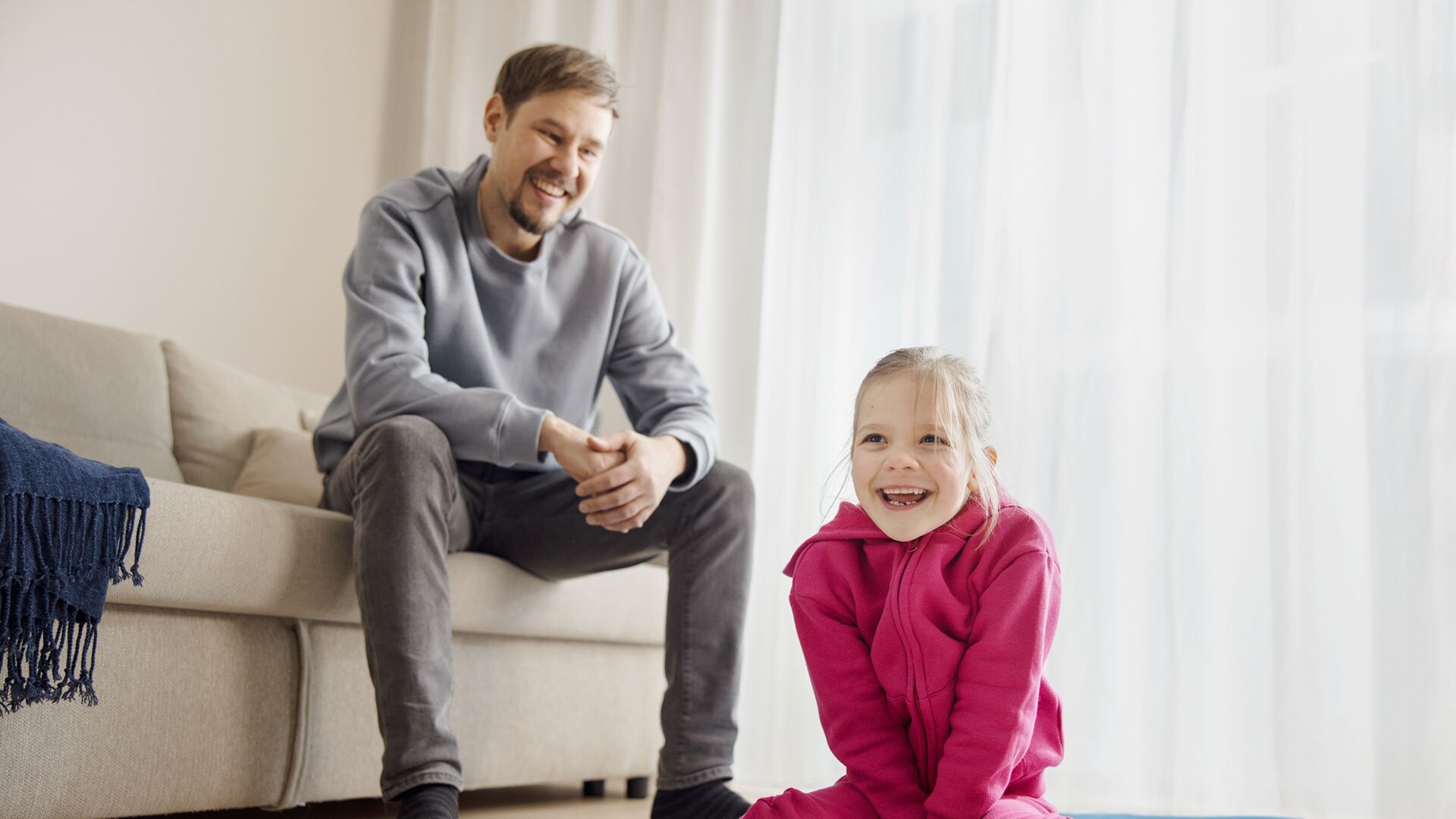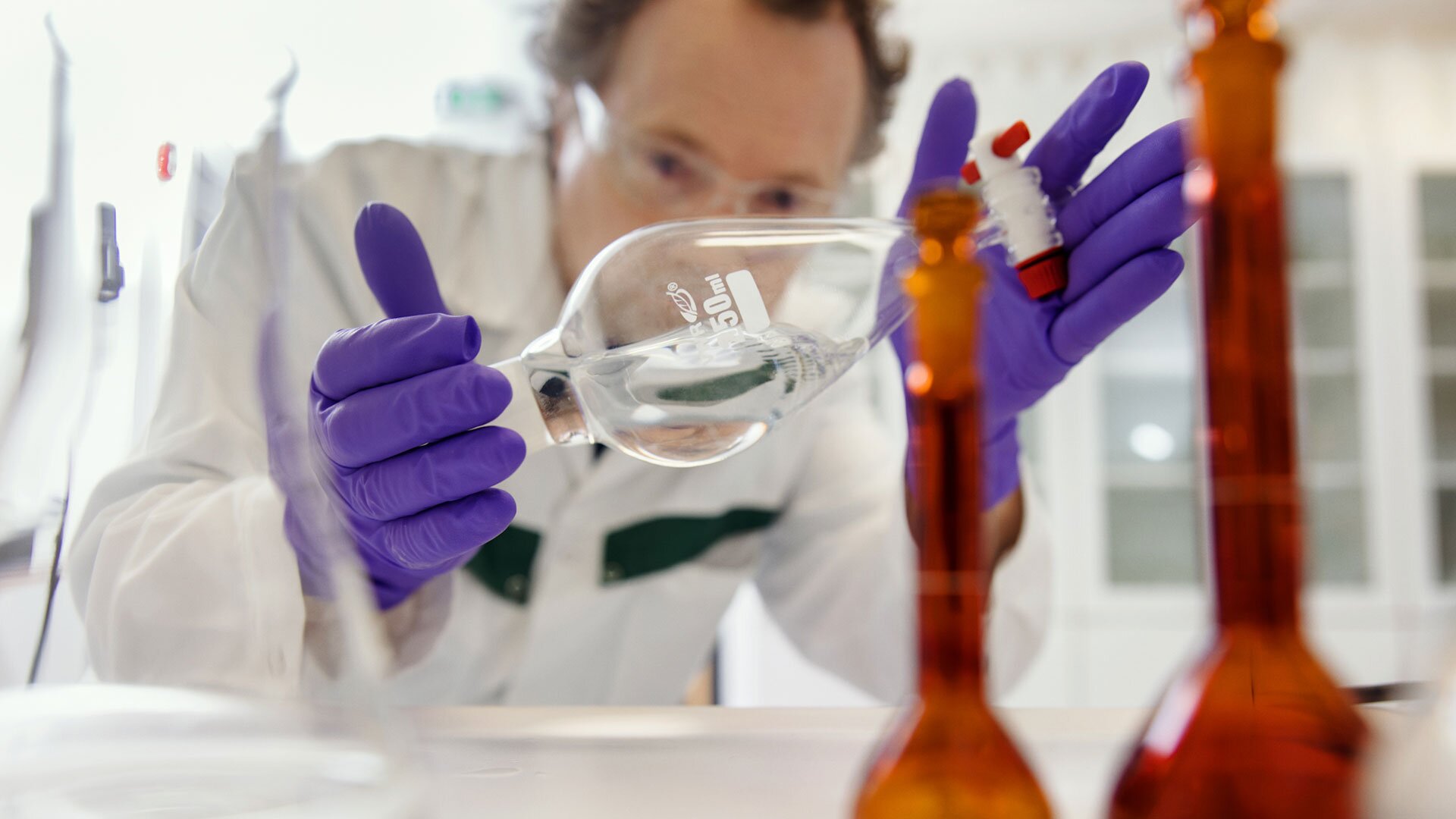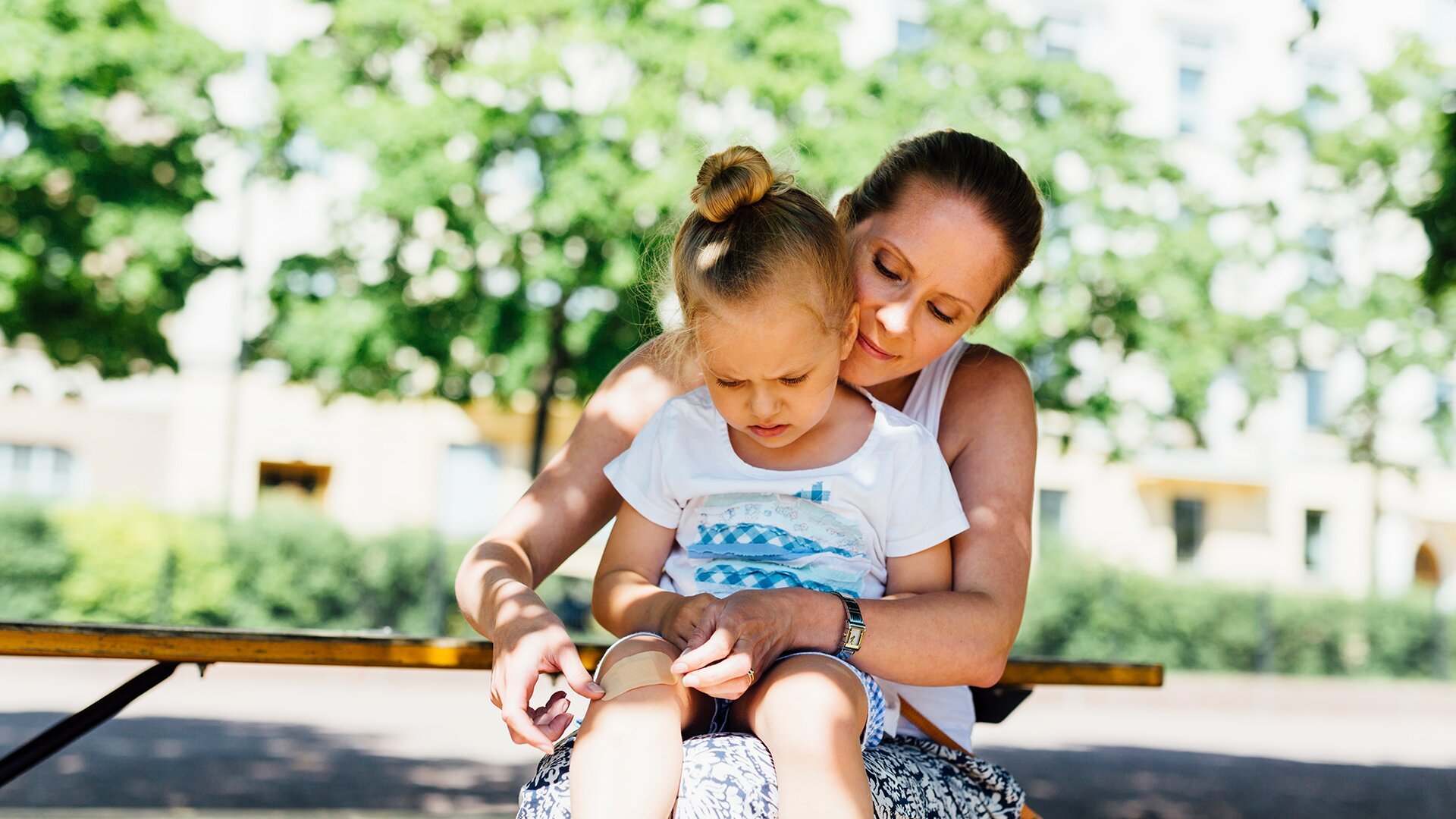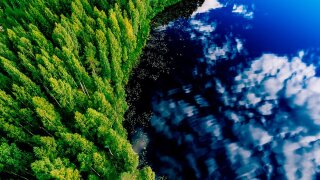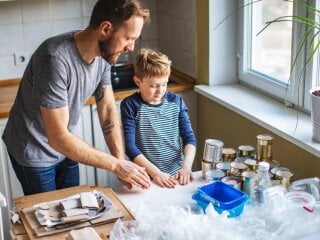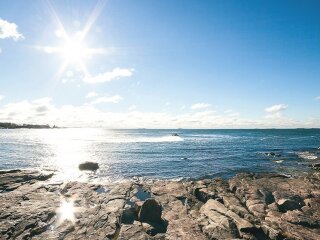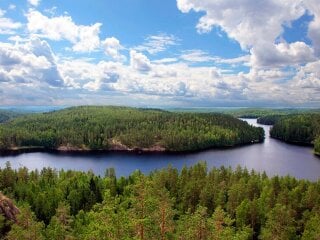What should you do with expired and unused medicines? You should never throw them down the drain or into the toilet or the bin.
But do you know why this is so important?
What problems do medicines cause if disposed of incorrectly?
“If medicines are thrown in the bin or down the drain, drug residues will end up in the natural environment and water systems,” says Lauri Äystö, a researcher at the Finnish Environment Institute.
“This means that drug residues can also end up in the Baltic Sea.”
In water systems, drug residues can damage the delicate ecosystem of lakes and seas. Drug residues have been shown, for example, to interfere with the procreation of fish.
Drug residues may also alter fish behaviour and build up in their internal organs.
Wastewater treatment does not remove all drug residues
There are no accurate figures about the overall drug residue load in the Baltic Sea. The size of the load is difficult to estimate, as chemical analytics are not available for all pharmaceutical ingredients. Furthermore, we do not have enough knowledge about the behaviour of drug residues once in a water system and there are no comprehensive statistics on the quantities of drugs used.
According to Äystö, the treatment technologies play a central role.
“To avoid any further increase of emissions, we should improve the effectiveness of water treatment technologies, among other things. Current technologies succeed in this only partially.
“Even if we did have the technological solutions, they would still require resources and cause greenhouse gas emissions. This is why it is important to identify which ingredients should take priority and be allocated the most resources,” Äystö continues.
Use medicines correctly and return unused medicines to the pharmacy
The only safe way of disposing of old or unused medicines at home is to return them to the pharmacy.
“Every Finnish pharmacy has a collection point for medicines. It is usually located near the entrance, and all medicines are accepted. The collection service is free to use and is a guaranteed way to dispose of medicines safely,” says Noora Paronen, Head of Corporate Responsibility at Orion.
“There is another way of reducing the risk of any drug residues ending up in the environment: use medicines correctly. Start a new medication with a small package size, and a prescribed course of medicines should always be completed as instructed by your doctor.”
Stocking up of medicines as a precaution is not advised either.
Lake ecosystems also under threat
As we have an ageing population, the amount of drug residues in the natural environment is expected to increase. Besides the Baltic Sea, residues have been detected near the coastline and inland.
The Baltic Sea specialist points out that lake ecosystems are equally important.
“In inland water systems, the emissions are diluted into a much smaller amount of water. The possible adverse effects of residues may be apparent in lakes much sooner than in the Baltic,” Äystö says.
Orion supports the Drug-free Baltic Sea campaign
- The campaign for a Drug-free Baltic Sea is a nationwide initiative with the aim of increasing Finnish consumers’ awareness of the correct way of disposing medicines. The core message of the campaign is that old and unused medicines should be taken back to pharmacies so that they do not end up in the water systems.
The campaign is supported by the several participants. The Finnish Environment Institute SYKE serves as the scientific advisor to the campaign and the campaign patron is the John Nurminen Foundation. - Orion has taken decisive steps for several years in its own production to prevent residues entering water systems and the environment. Using a process based on separate drainage, wastewater containing compounds unsuitable for a biological treatment plant or that is otherwise environmentally hazardous is separated from the rest of the wastewater.
- One easy way for consumers to support Orion’s water protection programme was the collection campaign in spring 2020, where instead of a prize consumers could choose an immaterial gift. Every time consumers chose this option, Orion donated a sum to the #OURSEA campaign in which 40 kg of green-blue algae will be removed from the Baltic Sea.
Source: www.syke.fi

